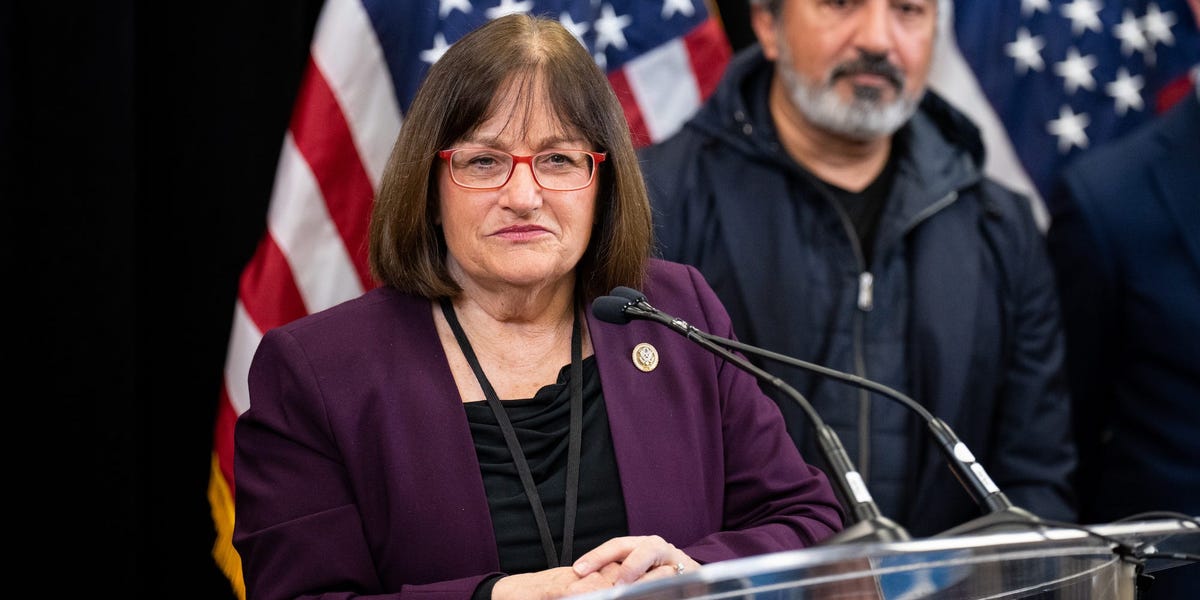Summary
Rep. Annie Kuster, a 68-year-old Democrat from New Hampshire, retiring after 12 years in Congress, cites a desire to “set a better example” and create space for younger leaders.
Her decision comes amid growing public concern about aging politicians, with about a quarter of lawmakers over 70. Kuster’s successor will be Maggie Goodlander, 38.
Democrats are increasingly elevating younger leaders following setbacks in 2024, which some attribute to the perception of aging leadership, including President Biden’s controversial reelection bid.
Calls for age limits remain popular but face significant legislative hurdles.



We choose the person we don’t choose the terms.
We most often don’t choose the person either. The parties usually decide for us who is even allowed to run.
It’s for the best, otherwise someone might run as a Democrat that doesn’t support their policies. /$
Which you choose when you vote in the primaries.
So, about that democratic presidential primary…
Biden won it. I don’t think an incumbent president has ever lost their primary when running for re-election, at least not in modern times when they actually had primaries that people could vote in. It’s on Biden for deciding to run again.
The parties get to decide who can run in the primaries
I used to think a candidate had to at least be a member of a party to run in its primaries, but Bernie corrected my misunderstanding.
Bernie joined the party. He had to in order to run as a Democrat. He later became independent again.
I kept hearing conflicting stories on whether he actually joined the party or only promised to become a Democrat if he won the candidacy.
Fortunately it’s a matter of public record and you don’t need to listen to stories.
Oh, then you mean there is some public record somewhere that he actually joined the Democratic party when he ran in the 2016 election? Maybe a registration form? (link?) Because I don’t think he did. From what I read, he didn’t actually join or register as a Dem, but the party didn’t try to stop him from running as a Dem, and he just verbally said he was a Democrat when asked, which I guess was good enough.
According to this article, which goes through the timeline of his party affiliation(s), it wasn’t until Bernie’s 2020 run that the Democratic party formally wrote up a rule that a candidate had to be a member of the party, and only then did they require him and the other candidates to sign a document officially declaring themselves as Democrats.
This article, as best as I can tell, confirms that in 2016, he didn’t actually join the Democratic party, but he stated Democratic party as his affiliation on the statement of candidacy for his political campaign, and also verbally said to people who asked that he was a Democrat.